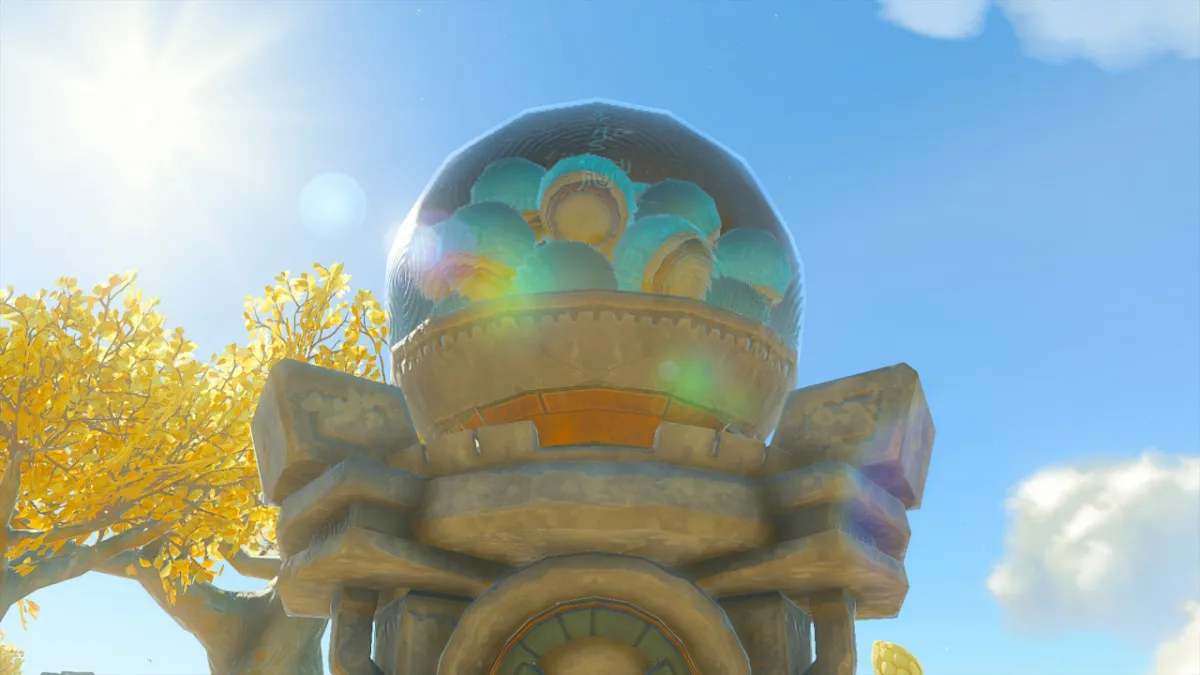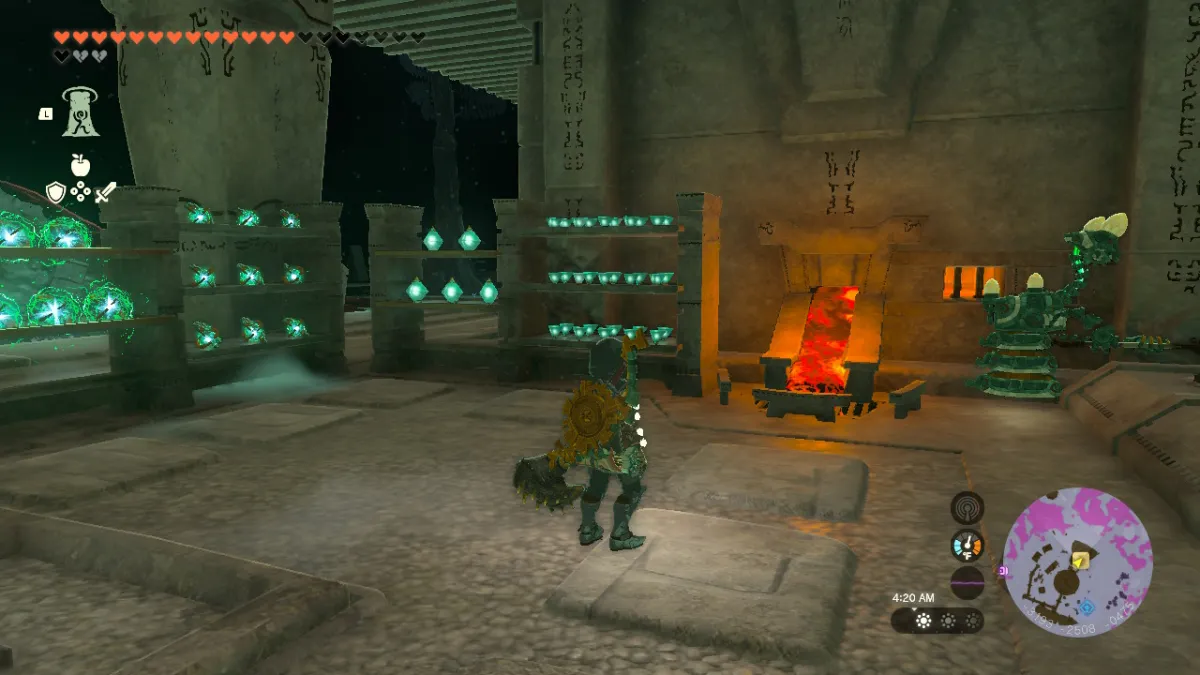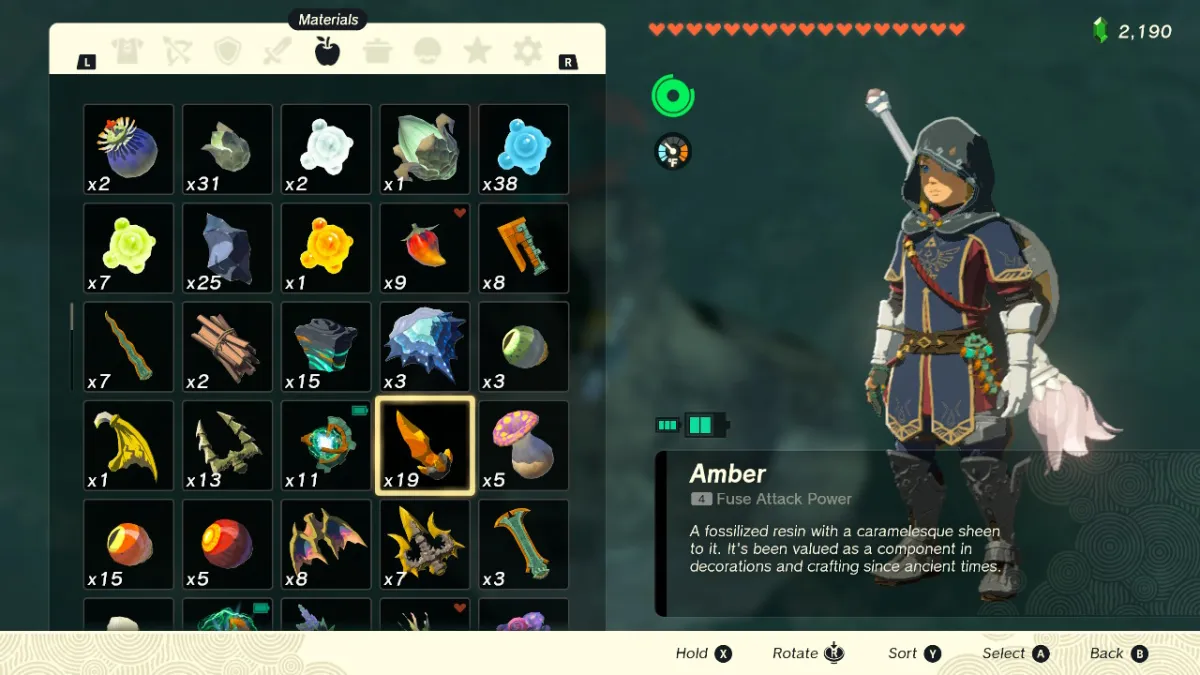Lag is a major mood killer in any game, but it’s particularly nasty in Valorant. This is a game that requires precise aiming and split-second reactions to succeed, so connection problems and FPS drops are the last things you want to happen during a match. The game’s system requirements are fairly light, so you likely won’t run into major FPS drops even on weaker systems as long as you lower your settings. Connection issues, however, are the great equalizer and can happen even to those with top-of-the-line rigs. Here are the best ways to fix lag in Valorant.
Valorant Connection Lag Fixes
If you’re lagging in Valorant, there are a few things you can try to remedy the situation.
- Restart your game.
- Reconnect to your Wi-Fi.
- Try a hard-wired Ethernet connection.
- Check Riot’s server status.
These are generic fixes that should work for any online game, but there’s not much else you can do other than that. The best solution to ensure a stable online experience is to use a wired connection, but that’s not a solution that everyone can take advantage of. If you have a slow internet speed and other people in your household are streaming/downloading things, then you may just have to endure laggy Valorant matches until the connection is freed up.
Valorant FPS Lag Solutions
If your connection is fine but you find that your Valorant game is lagging, dropping frames, or stuttering, then you can try these solutions to improve your performance.
- Lower your graphics settings.
- Lower your resolution.
- Install any pending Windows updates.
- Update your device drivers.
- Set Valorant’s priority to High in Task Manager.
- Disable Game Mode in Windows settings.
- Close any other programs such as web browser tabs.
All of these things should boost your Valorant performance at least a little bit, which should help address any lag or stuttering that you’re experiencing. The main culprit for most folks with low-end or average machines is having a web browser or other program open in the background, which can hog resources. If you’re watching a stream, show, or video while playing, close the window and see if that improves your game’s performance.

These are the minimum and recommended system requirements for Valorant, so make sure your computer meets these specs to ensure smooth gameplay.
- Valorant Minimum System Requirements:
- OS: Windows 7/8/10 64-bit
- RAM: 4 GB
- VRAM: 1 GB
- CPU: Intel Core 2 Duo E8400/Athlon 200GE
- GPU: Intel HD 4000, Radeon R5 200
- Valorant Recommended System Requirements:
- OS: Windows 7/8/10 64-bit
- RAM: 4 GB
- VRAM: 1 GB
- CPU: Intel i3-4159/Ryzen 3 1200
- GPU: Geforce GT 730/Radeon R7 240
- Valorant High-End System Requirements
- OS: Windows 7/8/10 64-bit
- RAM: 4 GB
- VRAM: 1 GB
- CPU: Intel i5-9400F 2.90GHz/Ryzen 5 2600X
- GPU: GTX 1050 Ti/Raden R7 370
Valorant is available now on PC.












Published: Jun 22, 2022 09:54 am